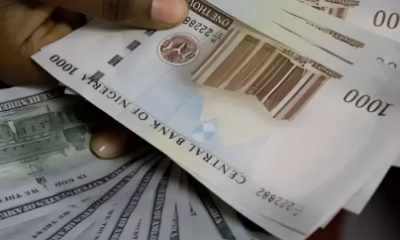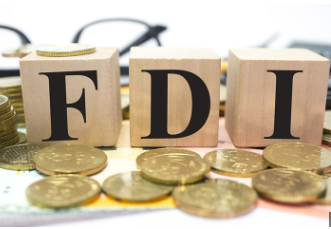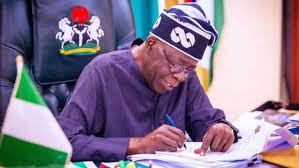By Odunewu Segun
Nigeria’s attempt at attracting foreign investors back by scrapping currency peg, and also introducing multiple exchange rates to placate the investors has been described as half-measures that won’t work.
National Daily gathered from Citigroup Inc. that for Nigeria to be attractive for Foreign Direct Investment, it will have to weaken the naira’s official rate again, or let it float unhindered.
According to Christian Diclementi of AllianceBernstein LP, Nigeria’s currency regime is complex, and daunting for international investors. “If there was just a freely-floating rate, the market would be a lot more efficient.”
Although the Central Bank of Nigeria (CBN) devalued the naira in June 2016, it backtracked on a promise to fully liberalize the naira, which has traded in a narrow band since September.
Alongside the tightly controlled official rate, the CBN this year introduced a new NAFEX window, an alternative exchange rate for investors, while also selling dollars directly to companies and individuals at varying rates.
Findings by National Daily shows that the new NAFEX window, where the naira has been allowed to drop to near its black-market rate, hasn’t been a failure.
Dollar inflows are increasing and turnover has reached around $80 million a day, according to Bola Onadele, the head of FMDQ OTC Securities Exchange.
The new development, it was gathered has attracted investors such as South Africa’s Allan Gray Ltd, and also helped in the 30 per cent rally in Nigeria stocks which now stands at a 2-year high.
ALSO SEE: Nigeria’s falling FDI may be blessing in disguise
However, in the global market, it’s a different story. National Daily findings revealed that while offshore holdings of Nigeria’s equities rose 15 percent in May to around $5 billion, they fell 4.4 percent to $5.5 billion for fixed income assets, according to Standard Bank Group Ltd.
Analysts at FBNQuest argued that the Nafex market is attracting investors specializing in Africa and frontier markets, but it won’t be the answer to Nigeria’s foreign-currency shortage as long as it’s shunned by the larger emerging-market bond funds.
“We doubt that this new window will generate the autonomous inflows to allow the CBN to take a step back” from being the main seller of dollars. Emefiele will probably have to devalue the interbank rate to 370 per dollar by the end of the year, close to where the naira trades on the Nafex and black market, they said.
Similarly, Viktor Szabo, a London-based money manager at Aberdeen Asset Management, which oversees $11bn of emerging-market assets is still wary of naira bonds. “We’re still waiting for a proper, market-clearing level in Nigeria. You can put whatever system you want behind it, but it’s ultimately a question of whether your currency is free and can absorb economic shocks.”

 Health5 days ago
Health5 days ago
 Entertainment7 days ago
Entertainment7 days ago
 Crime6 days ago
Crime6 days ago
 Education1 week ago
Education1 week ago
 Health1 week ago
Health1 week ago
 Comments and Issues6 days ago
Comments and Issues6 days ago
 Football7 days ago
Football7 days ago
 Latest6 days ago
Latest6 days ago













